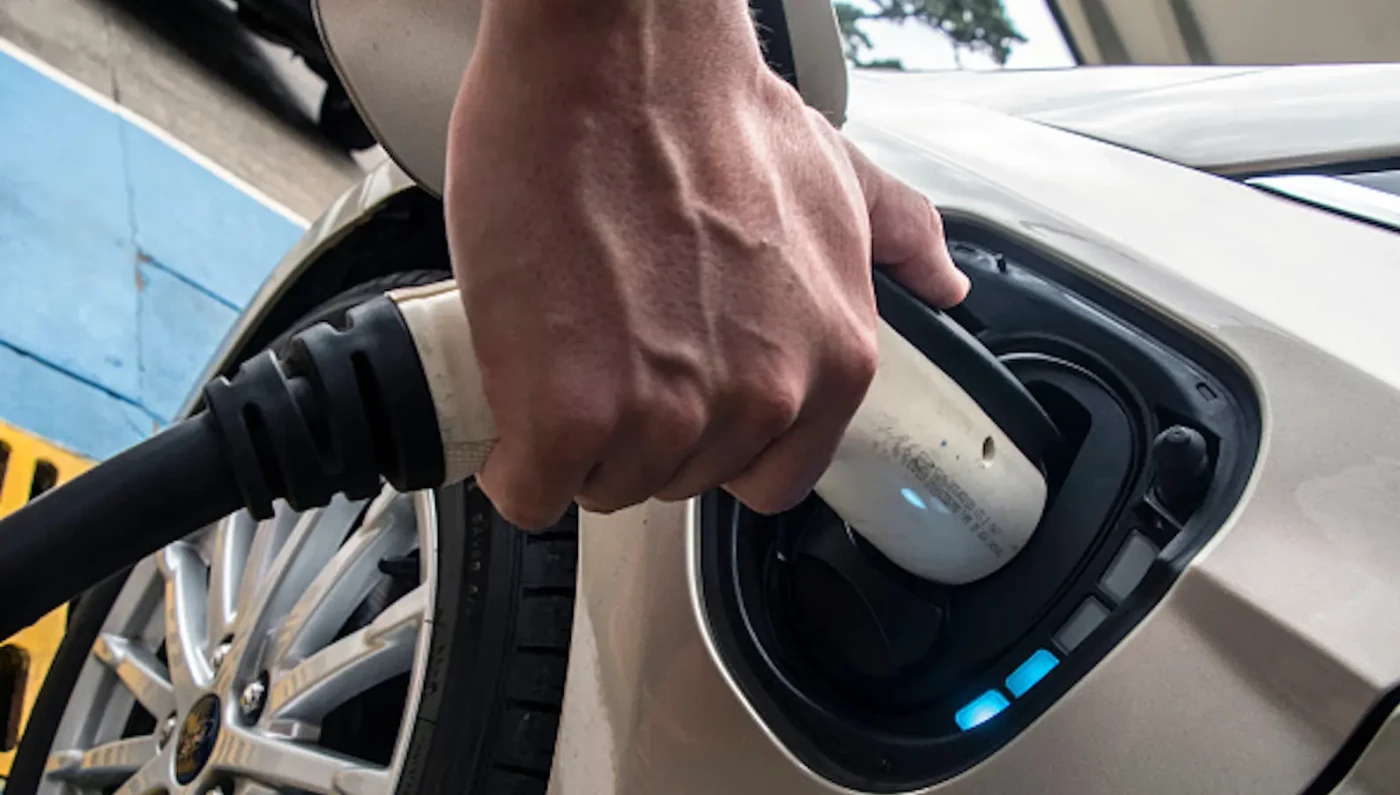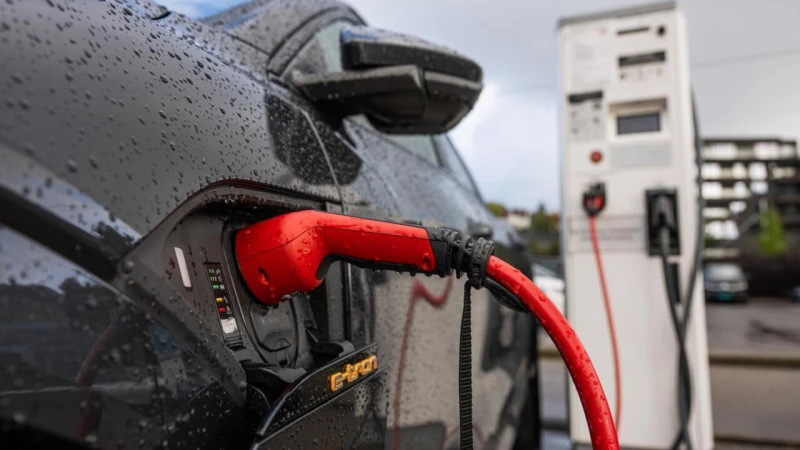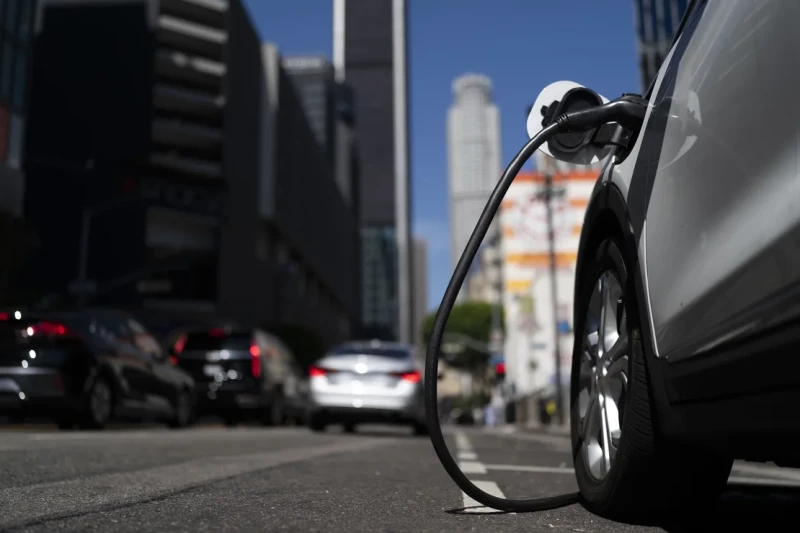ERBIL, Kurdistan Region of Iraq - A lack of charging stations in Sulaimani has led to low demand for electric vehicles, with those people who already own them forced to recharge their vehicles at their homes, waiting for half a day to get them fully recharged.
Shvan Hussein, a local resident, has bought an electric vehicle for the past two months, but the lack of a charging station is his biggest problem.
“Any oil station I go, they say they have no charger for electric vehicles. I would really love to see all the oil stations have chargers for electric cars so we could easily carry out our daily work. It is difficult to charge it at home only,” Hussein said.
"If I charge my car from zero to 100, using 12 amperes, it would still take me nearly 17 hours to fully recharge it,” he added.
Yad Mohammed is another Sulaimani resident who owns a fully electric vehicle. He is also plagued by the nihility of electric vehicle charging stations in Sulaimani. He is forced to put his vehicle on charge at home for so long.
“If you have 15 percent charge left on your car, it still takes you 15 to 20 hours to fully recharge your vehicle at home,” Mohammed said. "However, I have recharged my vehicle in 30 to 40 minutes at stations in other cities.”
The charging stations crisis in Sulaimani has significantly discouraged locals in the city from buying them.
“It indeed is a big problem,” Shakar Yasin, owner of a car showroom in Sulaimani, said. "It takes drivers less time if they recharge their vehicles at charging stations. However, it takes them much more time if they recharge their vehicles at their homes.”
Yasin added that this issue has led to low demand for electric vehicles in the province.
Sidiq Mohammed, in charge of Sulaimani city’s transportation department, echoed the sentiment that charging stations are “very important and necessary” to be installed in the city.
In November, the Kurdistan Board of Investment announced the first and largest electric vehicle charging project using renewable energy will be built in the Kurdistan Region.
“A local company with the support of a foreign firm will bring an electric vehicle charging project to the Kurdistan Region,” Bargasht Akraiy, spokesperson of the Kurdistan Board of Investment, had said at the time. “The administrative works of the project will be finished in the near future.”
Akraiy added that the Kurdistan Board of Investment has already informed “the entire investment board directorates in the cities and independent administrations to allocate land for the project.”
The investment spokesperson added that hundreds of charging stations will be installed across the Kurdistan Region as part of the project.
In a bid to increase the Kurdistan Region’s market adoption of fully electric vehicles, the Kurdistan Regional Government (KRG) announced on Wednesday that they will be waiving first-time registration and environmental fees on fully electric vehicles.
Rebar Ahmad, minister of the interior, signed a directive on Wednesday that would lift environment and first-time registration fees on fully electric cars, with the decision taking effect from February 16.
The initiative is an attempt to “reduce harm to the environment” of the Kurdistan Region and encourage mass market adoption of electric cars, which are widely accepted as an environmentally friendly alternative to gas and diesel vehicles, which comprise the vast majority of the Region’s automotive industry.
Electric cars are expected to gradually dominate the automotive industry in the future.
According to the International Energy Agency, nearly one in every five cars sold in 2023 was electric, with EV sales nearing 14 million last year, 95 percent of which were in China, Europe, and the US.


 Facebook
Facebook
 LinkedIn
LinkedIn
 Telegram
Telegram
 X
X


